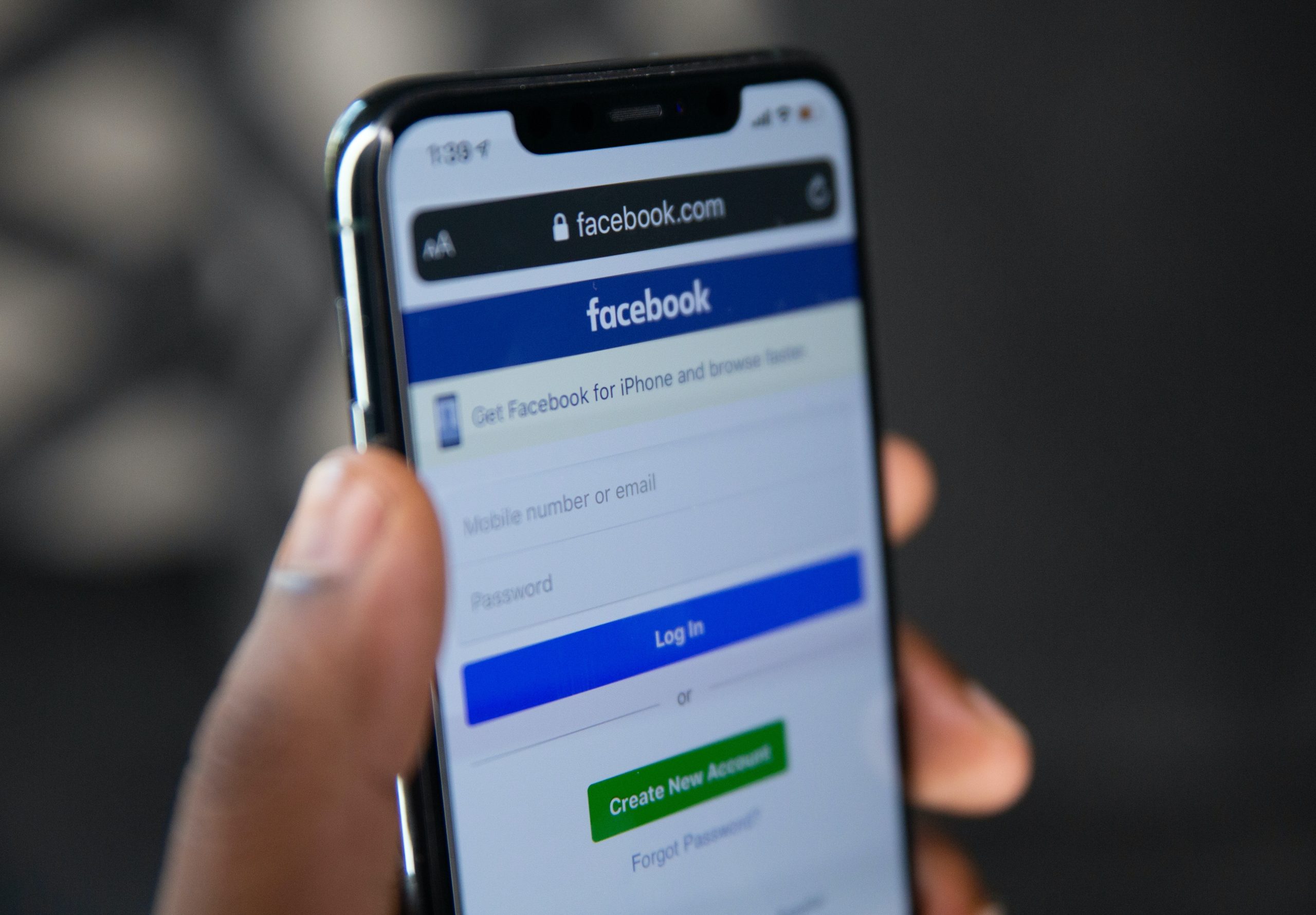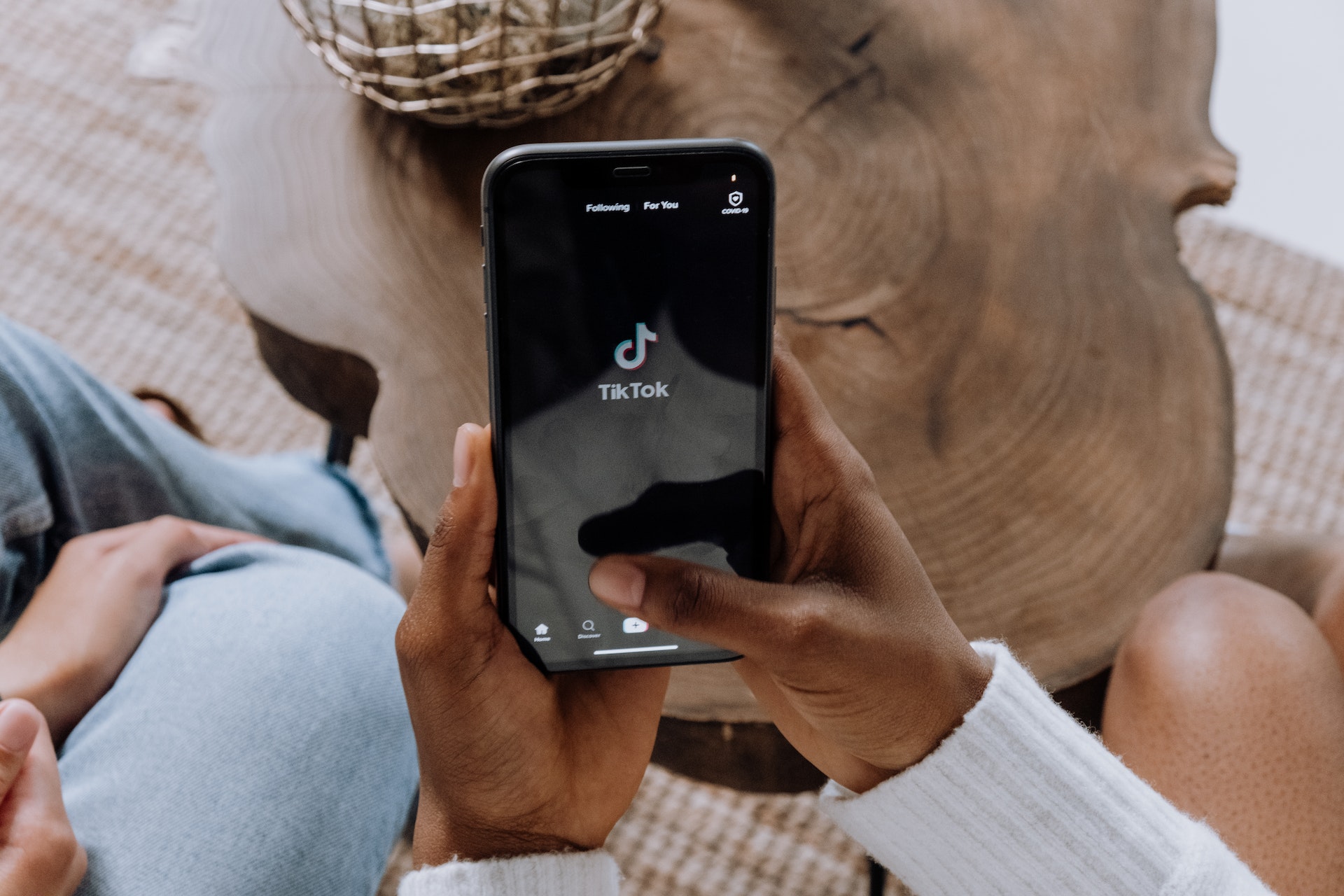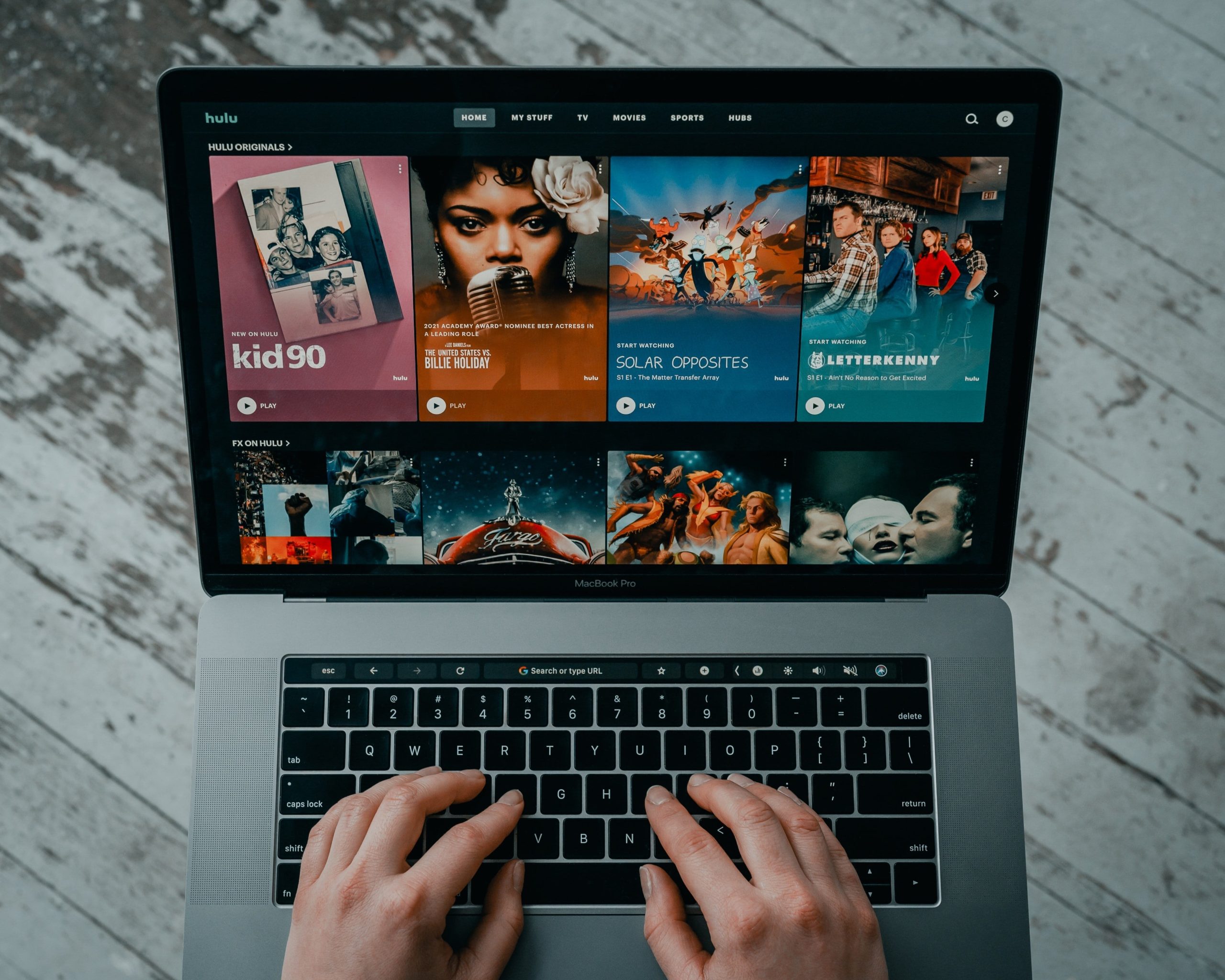Facebook is a platform that has revolutionized how we communicate, share ideas, and connect with people from all walks of life. But lurking behind the shiny facade of likes, comments and shares are some alarming truths that you need to know. From privacy concerns to fake news and addictive scrolling habits, there are 10 worst things about Facebook that you should be aware of. Buckle up as we delve into this eye-opening expose on the dark side of one of the world’s most popular social media platforms!
Facebook is a data-mining operation
Facebook is a data-mining operation that gathers user data and sells it to advertisers. The company has been accused of violating user privacy, manipulating user emotions, and spreading misinformation.
Facebook sells your data to advertisers
Facebook has been caught selling user data to advertisers without consent. This practice was revealed in 2018 when it was discovered that Facebook had sold the personal data of 87 million users to Cambridge Analytica, a political consulting firm. The data was used to influence the 2016 U.S. presidential election.
Facebook has also been accused of giving preferential treatment to certain advertisers. In 2016, it was revealed that Facebook had suppressed negative stories about its advertisers from its “Trending Topics” section. And in 2017, it was discovered that Facebook had been overcharging some advertisers for video advertising placements.
These revelations have led many people to question whether or not Facebook can be trusted with their personal data. If you’re concerned about your privacy, you may want to consider avoiding Facebook altogether.
Facebook is a tool of the NSA
Facebook is a tool of the NSA. The National Security Agency has been using Facebook to track people for years. In fact, the NSA has been using Facebook to track people since it was first created.
The NSA uses Facebook to track people’s movements and communications. They can see who you are talking to, what you are saying, and where you are. The NSA can also use Facebook to track your friends and family.
The NSA is not the only government organization that uses Facebook to track people. The CIA also uses Facebook to track people. They can see what you are saying and who you are talking to. They can also see where you are and what you are doing.
There are many other government organizations that use Facebook to track people. These organizations include the Department of Homeland Security, the Federal Bureau of Investigation, and the United States Military.
Facebook is censoring information
1. Facebook is censoring information
You may have noticed that your newsfeed isn’t showing you all the posts from your friends anymore. That’s because Facebook has been hiding certain content from users, without their knowledge or consent. The social media giant has been accused of censorship before, but this latest round of hidden content is raising new concerns.
According to a report from Gizmodo, Facebook has been systematically suppressing certain types of content from appearing in users’ newsfeeds. The report claims that the company has been doing this for over a year, and that the practice is widespread across all of Facebook’s products, including its flagship app, Instagram.
So what kind of content is being hidden? The report says that Facebook has been targeting posts about political issues like immigration, gun control, and same-sex marriage. Posts about these topics are less likely to appear in users’ newsfeeds, even if those users have expressed interest in them. In some cases, posts about these topics are outright hidden from view.
This isn’t the first time Facebook has been accused of censorship. In 2016, the company came under fire for allegedly suppressing conservative news stories from appearing in users’ feeds. And last year, it was revealed that Facebook had been manipulating its algorithm to favor certain kinds of content over others. But this latest report raises even more concerns about the company’s power to control what people
Facebook is manipulating what you see in your newsfeed
If you’re one of the 2.2 billion people who use Facebook, you may have noticed that your newsfeed doesn’t always show you the most recent posts from your friends and family. In fact, Facebook has admitted to manipulating what users see in their newsfeeds for years.
According to a former Facebook employee, the company regularly makes changes to the algorithm that determines what users see in their newsfeeds. This means that Facebook decides what content is most important for users to see, and sometimes this content is chosen based on factors like how much engagement it will generate or how much money it will make for Facebook.
This manipulation of the newsfeed can have a serious impact on users. For example, if Facebook decides to show more posts from brands and advertisers instead of from friends and family, it can make users feel isolated and alone. And if Facebook decides to show more negative content, it can make users feel anxious and stressed out.
So why does Facebook do this? Well, it’s all about money. The more time users spend on Facebook, the more ads they’re exposed to and the more money Facebook makes. So if you’re one of the billions of people who uses Facebook, just be aware that your newsfeed is being manipulated and that what you see is not always the whole story.
Facebook is causing depression and anxiety
1. Facebook is causing depression and anxiety:
Facebook has been linked to increased levels of depression and anxiety, as well as other mental health problems. A study published in the journal Cyberpsychology, Behavior, and Social Networking found that the more time people spend on Facebook, the more likely they are to experience negative physical and mental health outcomes.
Another study found that people who used Facebook more often were more likely to report symptoms of depression. And a third study found that people who had high levels of social media use were more likely to report symptoms of anxiety.
So what’s going on here? It’s not entirely clear, but there are a few theories. One possibility is that seeing other people’s happy posts makes us feel bad about our own lives. Another is that using Facebook can lead to “social comparison” – comparing our own lives to others’ – which can be damaging to our self-esteem.
Whatever the reasons, it’s clear that there is a link between Facebook use and mental health problems. If you’re struggling with depression or anxiety, it might be worth taking a break from social media – or at least cutting down on your usage.
Facebook is contributing to the spread of fake news
1. Facebook is contributing to the spread of fake news.
A lot of people get their news from Facebook, and the company has been criticized for not doing enough to stop the spread of false information. In January 2018, a study found that over 80% of Americans who use Facebook had seen fake news on the site. And it’s not just because people are sharing links to deliberately hoax articles—a lot of times, people believe something they read on Facebook without checking whether it’s true.
This is a problem because fake news can have real-world consequences. In 2016, a man fired a gun inside a pizza restaurant in Washington, D.C., because he believed a false story he’d read on Facebook that said the restaurant was part of a child trafficking ring run by Hillary Clinton. (The story was completely made up.)
Facebook has taken some steps to address the problem of fake news, but it still hasn’t done enough. The company should be more transparent about how it decides what content to show in users’ News Feeds, and it should do more to fact-check stories before they go viral.
Facebook makes you addicted and creates echo chambers
It’s no secret that Facebook is addictive. Numerous studies have shown that the site’s design encourages compulsive browsing and scrollng. And once you’re hooked, it’s hard to break free.
But addiction is just one of the many problems with Facebook. The site also creates echo chambers, where users only see content that reinforces their existing beliefs. This can lead to confirmation bias and make it difficult to have constructive dialogue or debate with people who hold different opinions.
Facebook Live has contributed to murders and suicides
1. Facebook Live has contributed to a number of murders and suicides. In one case, a 14-year-old girl in Chicago was lured into a sexual encounter by a man who then broadcast the assault on Facebook Live. The girl’s family was not notified of the attack until after it had occurred.
In another case, a father in Thailand killed his 11-month-old daughter before hanging himself on Facebook Live. The video of the murder-suicide was shared widely on social media before it was finally taken down byFacebook.
These are just two examples of how Facebook Live can be used to commit heinous crimes. The platform gives criminals a new way to reach potential victims and share their crimes with the world. As more and more people use Facebook Live, we can expect to see more cases of murder and suicide associated with the platform.










